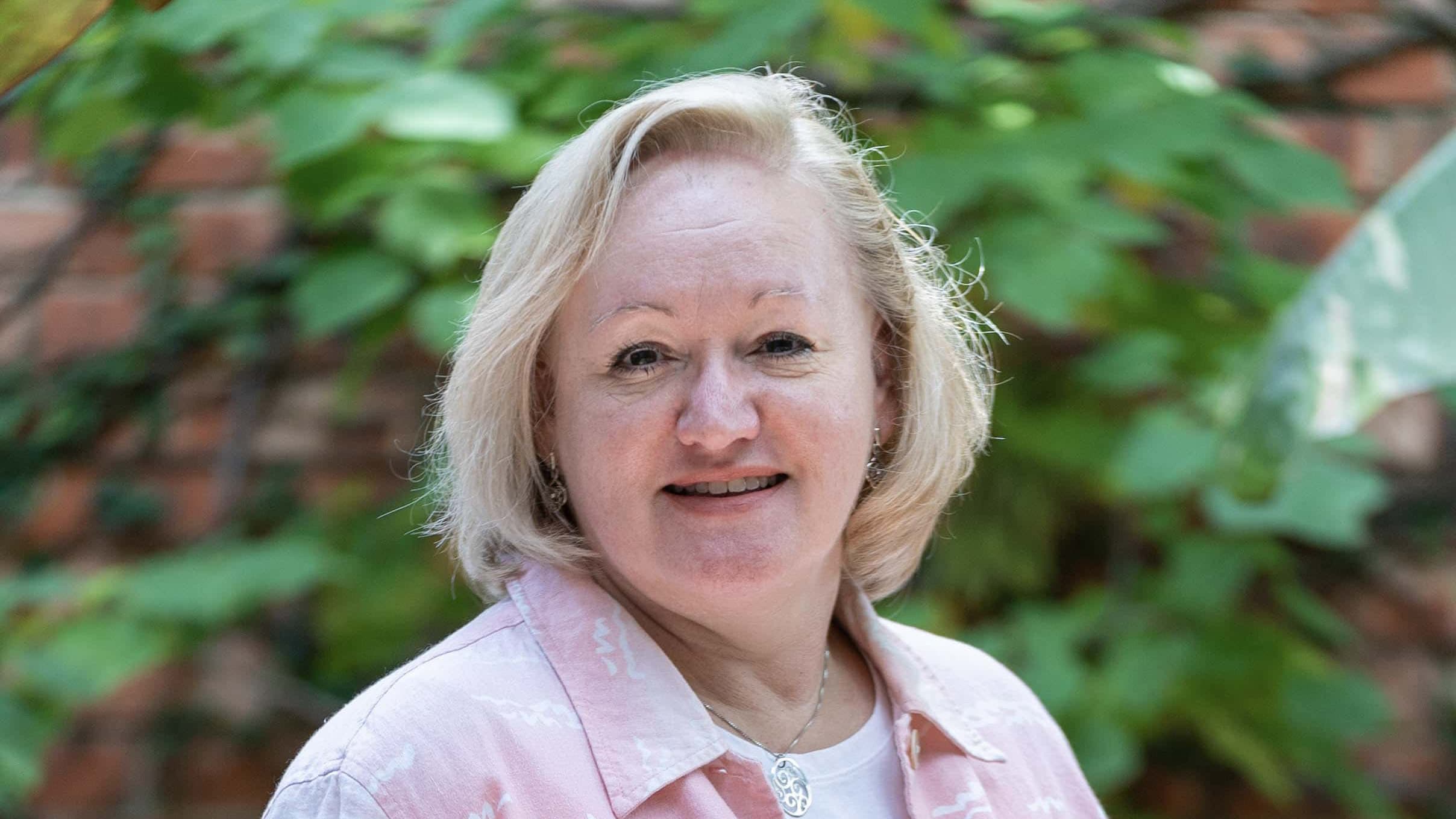UAMS Associate Professor to Lead Project That Helps to Address Unconscious Biases in Arkansas Health Care
| LITTLE ROCK — The University of Arkansas for Medical Sciences’ Fay W. Boozman College of Public Health is conducting trainings to address unconscious biases in health care. The trainings are supported by a $600,000 grant from the Centers of Disease Control and Prevention.
Cindy Lewis, MSPH, associate professor and director of the office of professional development and program evaluation for the college, will lead the trainings.
The program — a collaborative effort between UAMS and the Arkansas Department of Health — is for faculty and students in health care programs offered at colleges or universities in Arkansas.
The trainings are designed to help Arkansas’ future health care workers understand why it is important to build a rapport with all clients, regardless of race, age, socioeconomic status, education level, sexual orientation or religion. Research reflects that senior citizens, minorities and people who live in rural areas are the most likely to encounter medical biases. The biases often increase Arkansas’ health equity issues.
“Unconscious bias training will help to eliminate health care disparities and improve health care outcomes,” Lewis said. “If patients do not respond well to their health care providers due to feeling like they’re receiving biased care, it could cause them to stop treatment or to not seek treatment for new issues in the future. The biases could stereotype health care professionals into categories that make people not want to interact with the health care community as a whole.”
The unconscious bias trainings will launch in October and continue through May 2023. Getting a number of Arkansas’ health care students to take the unconscious bias training is among the main goals. An important component of that mission is to first have the students’ instructors complete and learn about the facets of the unconscious bias training.
Therefore, each training begins with the faculty members of a school’s health care program going through a special train-the-trainer course. Afterward, instructors will present the unconscious bias training to their students. The students will receive their lessons online through a UAMS class. Students in the unconscious bias training will have access to a special code for the program that will allow them to enter the class for free.
The trainings consist of five modules covering the different aspects of unconscious bias. Each module will use videos, articles, games, graphics and learning activities. Organizers have set a goal to do the training with at least 125 health care instructors, who will in turn use the training in their classes to train the students.
“In regard to the people of Arkansas doing more to address their health, this unconscious bias training for the students is important,” Lewis said. “People want their health care professionals to listen, be compassionate and treat them fairly.
“That’s why we’re going to reach out to all the institutions of higher education in Arkansas that have health-related programs. Our goal is to have training available in every corner of Arkansas to make it easier for faculty to attend the train-the-trainer courses.”
Lewis said the dialogues that will take place during unconscious bias training are likely to make people uncomfortable. However, the talks are a pathway to improving the trust and respect between health care professionals and various population groups.
“This topic is one where some people could become defensive,” she said. “However, the intention is to breakdown barriers by using different methods and learning styles to make it less scary to have open discussions about the various biases that exist. It’s about helping Arkansans either maintain their good health or become healthier by teaching the students about the consequences of the biases that exist in health care.”
UAMS is the state’s only health sciences university, with colleges of Medicine, Nursing, Pharmacy, Health Professions and Public Health; a graduate school; a hospital; a main campus in Little Rock; a Northwest Arkansas regional campus in Fayetteville; a statewide network of regional campuses; and eight institutes: the Winthrop P. Rockefeller Cancer Institute, Jackson T. Stephens Spine & Neurosciences Institute, Harvey & Bernice Jones Eye Institute, Psychiatric Research Institute, Donald W. Reynolds Institute on Aging, Translational Research Institute, Institute for Digital Health & Innovation and the Institute for Community Health Innovation. UAMS includes UAMS Health, a statewide health system that encompasses all of UAMS’ clinical enterprise. UAMS is the only adult Level 1 trauma center in the state. UAMS has 3,275 students, 890 medical residents and fellows, and five dental residents. It is the state’s largest public employer with more than 12,000 employees, including 1,200 physicians who provide care to patients at UAMS, its regional campuses, Arkansas Children’s, the VA Medical Center and Baptist Health. Visit www.uams.edu or uamshealth.com. Find us on Facebook, X (formerly Twitter), YouTube or Instagram.###
